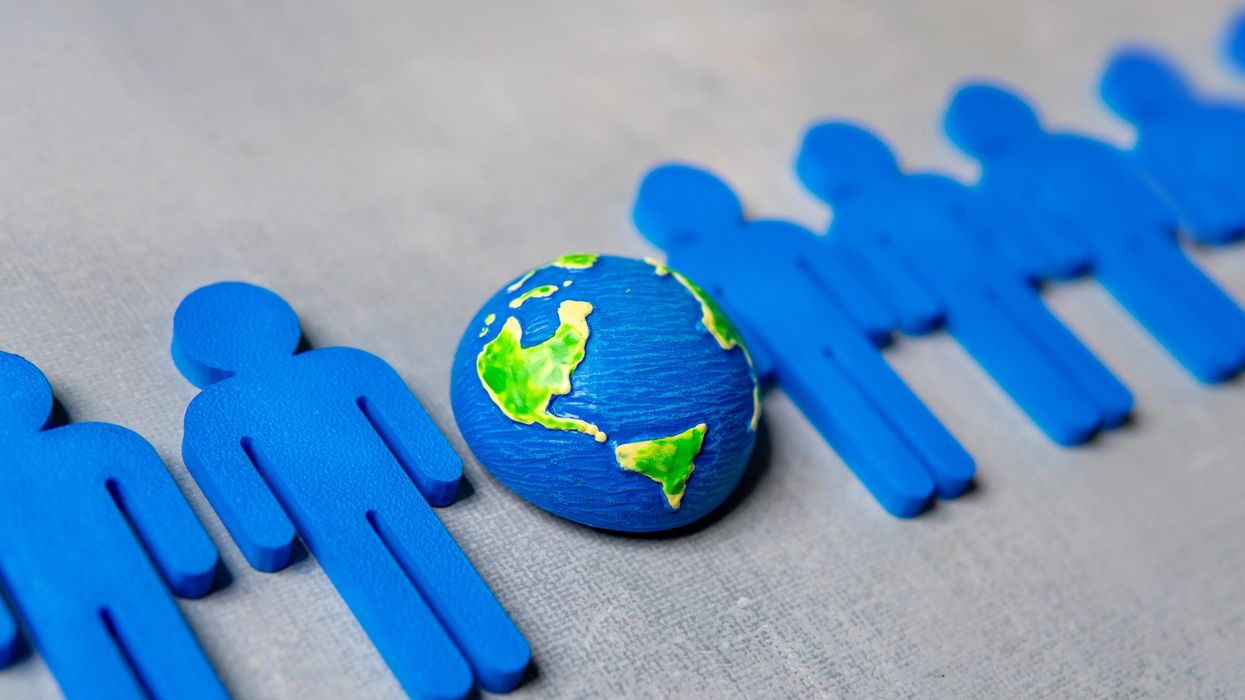After political pressure and a federal investigation, Harvard University recently renamed and restructured its Office for Equity, Diversity, Inclusion, and Belonging. MIT announced the closure of its DEI office, stating that it would no longer support centralized diversity initiatives. Meanwhile, Purdue University shut down its Office of Diversity, Inclusion, and Belonging and removed cultural center programs that once served as safe spaces for marginalized students. I am aware of the costs of not engaging with ideas surrounding diversity and difference, and I have witnessed the consequences of the current administration's actions— and the pace at which universities are responding. It’s nowhere good.
I was forced to move to the United States from Russia, a country where the words inclusion, diversity, and equality are either misunderstood, mocked, or treated as dangerous ideology. In this country, a woman over fifty is considered “unfit” for the job market. Disability is not viewed as a condition that warrants accommodation, but rather as a reason to deny employment. LGBTQ+ individuals are treated not as equal citizens but as people who, ideally, shouldn’t exist, where the image of a rainbow on a toy or an ice cream wrapper can result in legal prosecution.
It is the world I came from, a world where using the language of DEI could cost you your job or your freedom.
I spent more than 30 years as a journalist. I served on the Committee for Equality and Non-Discrimination in the Parliamentary Assembly of the Council of Europe. I helped write laws to protect women, children, and survivors of abuse — all those pushed to the margins. I was also proud to serve as a Champion of We-Fi — the Women Entrepreneurs Finance Initiative — a global platform helping women access the capital and support they need to lead and thrive.
So yes — I know what a world without DEI looks like. It silences you. It isolates you. It punishes you for who you are.
When I arrived in the U.S., I experienced—perhaps for the first time—what it means to be seen, heard, and valued not despite who you are but because of it. Here, I discovered a culture where DEI wasn’t a slogan but a system that was real and effective in many places throughout society. One moment I’ll never forget occurred during my interview for a fellowship I’m currently participating in at The OpEd Project. With my Russian mentality — direct, a little skeptical — I asked the interviewer, “Am I the oldest in the cohort?”
She smiled warmly. “We practice diversity and inclusion in this country. You’ll feel comfortable in this group.”
That was my first real experience of inclusion.. I didn’t have to pretend to be younger. I didn’t have to apologize for my accent or background. Everything I carried — my age, story, roots — wasn’t baggage. It was a strength.
That’s why it breaks my heart to see this culture under attack, to watch universities shut down Diversity and Inclusion programs, and to see companies slash inclusive practices. Everything built slowly, painfully, and intentionally is now dismissed as “ideology” or “overcorrection.”
But I know what happens when those structures don’t exist. I lived in that world.
Inclusion is not a theory. It is practice.
It’s rethinking office space because someone needs a private place to pump breast milk.
It’s expanding parental leave—not just for mothers—because people want to be present with their newborns.
It’s listening to users who say your platform is inaccessible — and changing it.
It’s noticing whose voices go silent in a meeting — and redesigning how those meetings happen.
It’s welcoming the insights of someone who’s worked on reducing hiring bias — and implementing them.
It’s responding with support — not judgment — when a team leader says they’re overwhelmed managing a remote, multicultural team.
It is not perfect. It is not easy.
But this is how equity is built.
We can start small by letting go of abstraction and finally looking into the eyes of those around us—the ones doing the work on the ground.
Inclusion is not a slogan. It’s the ground we walk on.Oxana Pushkina is an international expert in women’s rights, gender equality, and social policy, with more than 30 years of experience in journalism. She’s also a former deputy in the Russian State Duma and a former member of the Parliamentary Assembly of the Council of Europe, where she served on the Committee on Equality and Non-Discrimination, advocating for women’s and children’s rights. She now lives in the United States. Pushkina is a Public Voices Fellow on advancing the rights of women and girls, a partnership between Equality Now and The OpEd Project.




















